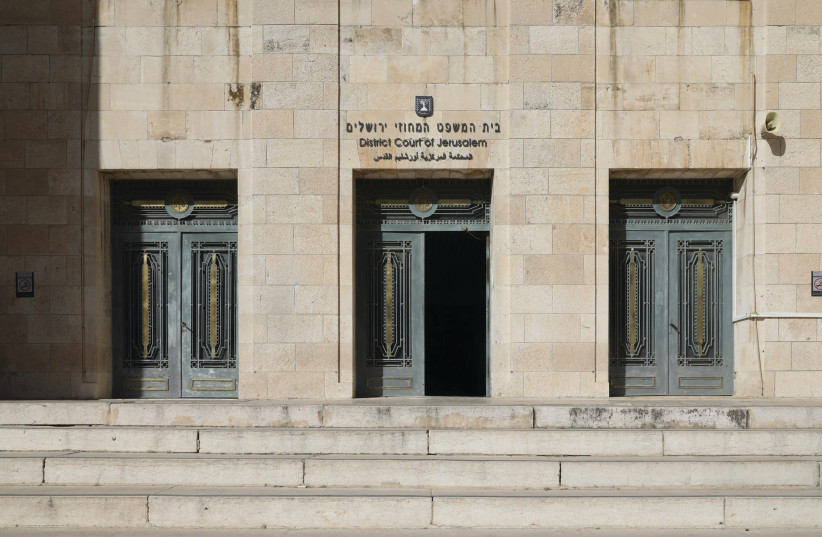The Jerusalem District Court on Thursday ordered the prosecution to reveal some classified material related to the police cellphone-hacking saga to the defense in the trial of former prime minister Benjamin Netanyahu.
This will be the first time that the state prosecution will have to reveal to the public concrete aspects of its classified cellphone-hacking program in a specific case.
The result was a mixed decision, rejecting many requests to reveal aspects of the classified information while approving the revelation of portions of at least nine different evidentiary items.
These items include classified court decisions, police requests and other communications relating primarily to the cellphone hacking of former top Netanyahu aide turned state’s witness Shlomo Filber.
Within these items, the court still did approve certain prosecution requests to black out words which could reveal police intelligence sources and methods.

According to the decision, aspects of the prosecution’s classified evidence under seal orders of February 18, 2020, as well as from February 16 and 24 last month, will be unsealed.
The partial win for the defense is its first after the court has mostly decided to allow the prosecution to proceed with calling witnesses, including this past week when former Cable Authority legal adviser Dana Neufeld continued with her testimony.
Netanyahu’s defense team had hoped to halt the trial indefinitely or to even pressure the prosecution into withdrawing the case after a report in the Calcalist revealed the police cellphone-hacking program.
However, after weeks of getting hit with a range of negative media coverage, an investigation by a mix of Deputy State Attorney Amit Merari along with Shin Bet (Israel Security Agency) and Mossad officials found that the program has mostly operated legally.
The prosecution did admit to illegally hacking Filber’s cellphone but said that it also had legal access multiple times to the same cellphone by an earlier court order and as part of Filber’s immunity deal.
The court has said that the defense can attack the validity of the cellphone-hacking evidence if any had implications for the trial, but that the time for such arguments is in closing statements, just before the verdict.
